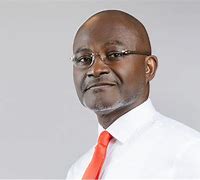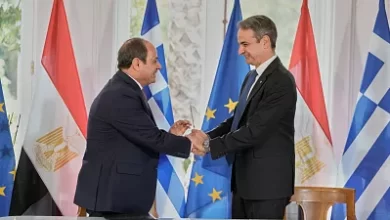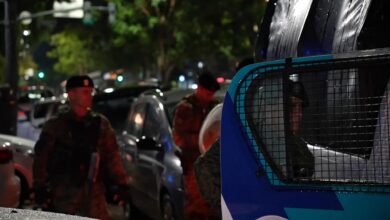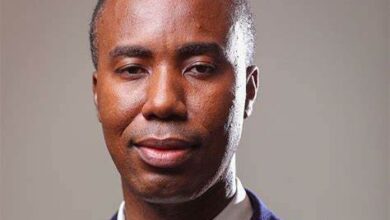
Kennedy Agyapong, the outspoken politician and businessman, has finally spoken out about the $18 million defamation judgement issued by a U.S. court in favor of investigative journalist Anas Aremeyaw Anas. In a surprising turn of events, Agyapong has admitted that the experience has been transformative, reshaping his views on public accountability, responsible speech, and the influence of media.
The legal conflict between Agyapong and Anas began when Agyapong accused Anas of unethical journalism, labeling him a “blackmailer” and “extortionist.” Agyapong also released a documentary, Who Watches the Watchman, aimed at undermining Anas’s investigative work. Anas responded with a lawsuit in the U.S., claiming the allegations damaged his reputation and put his safety at risk.
After a lengthy legal battle, the court ruled in Anas’s favor, awarding him $18 million in damages. Agyapong’s response to the ruling has caught many off guard, as he is widely known for his bold and combative rhetoric. Instead of a fiery rebuttal, Agyapong shared his introspection, admitting that the experience has made him a better person.
“I was furious initially, but with time, I’ve come to understand the weight of my words,” Agyapong said. “This experience has shown me the importance of being more measured and responsible in how I speak, especially as a public figure.” His remarks have sparked mixed reactions on social media, with some praising his willingness to acknowledge personal growth and others questioning whether this moment of self-awareness will lead to lasting change.
Supporters of Agyapong have called his reflection a sign of maturity, while critics argue that the damage has already been done. Sceptics remain cautious, wondering whether Agyapong’s newfound introspection will translate into a shift in his communication style and public persona. As one Twitter user remarked, “Ken Agyapong learning lessons? That’s a plot twist I didn’t see coming!”.
The $18 million judgement looms large, and speculation continues over whether Agyapong will appeal the decision or seek a settlement with Anas. Whatever the outcome, this case has undoubtedly reshaped Agyapong’s public image. Whether it marks the beginning of a new chapter or a temporary pause in his usual combative style remains uncertain.
As the situation unfolds, observers will be watching closely to see how Agyapong navigates this new chapter. Will he continue to tone down his rhetoric, or will his old habits resurface? The outcome of this case will likely have significant implications for Agyapong’s career and reputation.
The controversy surrounding Agyapong and Anas has sparked a broader debate about the role of public figures in Ghana and the importance of responsible speech. As Agyapong reflects on his experience, many are left wondering whether this moment of introspection will lead to lasting change and a more measured approach to public discourse.
Story by: Ohemaa Adusi-Poku




